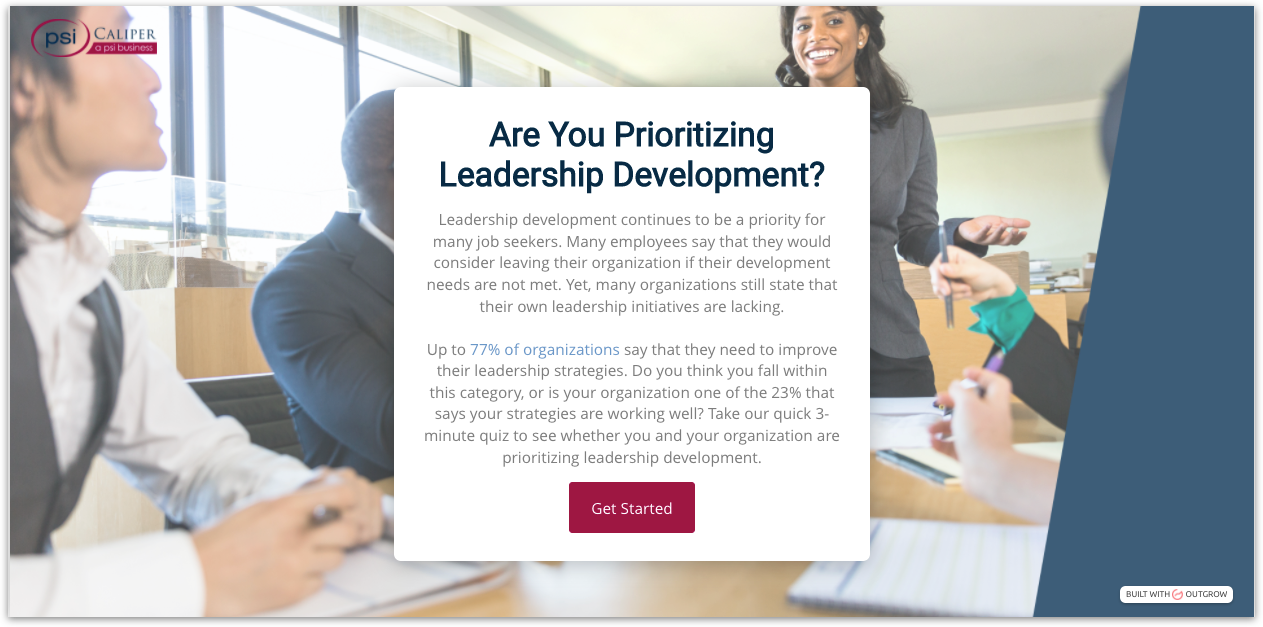If you’re a sports fan, you will surely recognize many of the teams Caliper has worked with over the years. Since 1980, we’ve evaluated more than 60,000 athletes for dozens of professional and college teams.
You may be thinking, “The Caliper Profile is a workplace personality assessment that predicts behavior on the job. How in the world could you use that in sports?”
Well, the tools that predict behavior in an office building can be applied on the playing field as well. Sports aren’t just about motor skill, physical strength, and how far you can throw a ball. They’re also about how well athletes communicate with their teammates, how well they shake off setbacks and get back in the game, and whether they’ll step up and lead under pressure.
In player drafts for several sports, teams have relied on us to help them uncover those inner strengths and potential areas of concern that can be initially hidden by pure athleticism. Just as a job candidate can “switch it on” in an interview, so can an athlete when being watched by a scout.
And whether it’s baseball, football, hockey, or basketball, many general managers have relied on personality assessments like the Caliper Profile to obtain this critical data as they make draft picks.
Furthermore, when it comes to identifying the competencies needed for success, personality assessments can be utilized equally in sports and business. The qualities that make a good point guard, for example, could be the same for your next top sales leader. Both might require competencies such as:
- Leadership Maturity: An individual who exhibits this competency serves as a role model for performance and organizational behavior by demonstrating humility, confidence, and courage in a leadership role.
- Driving Results: An individual who exhibits this competency motivates individuals to achieve and exceed goals by establishing accountabilities, clarifying performance expectations, agreeing to high standards and measures, monitoring and reviewing performance, and providing timely and relevant feedback.
- Team Building: An individual who exhibits this competency enables and encourages group members to work together to complete tasks and accomplish goals that individual members could not accomplish alone.
Consider Roger Staubach for a moment. Roger is known as the quarterback who led the Dallas Cowboys to two Super Bowl victories. He is also remembered for his Hail Mary pass against the Vikings that won Dallas the game.
It’s no accident that Roger Staubach went on to become a highly successful business owner, founding The Staubach Company after retiring from football. His company was purchased in 2008 by Jones Lang LaSalle. Staubach, who was interviewed for our 2006 New York Times Best Seller, Succeed on Your Own Terms, said in the book, “I spend my time on the strategic part of the business. I focus on where we are today and where we need to be tomorrow.”
Staubach’s leadership strength, willingness to take action under pressure, and team-player attitude helped him transition seamlessly from sports to business.
So remember, when evaluating people for sports or business, knowing if their competencies match those required for the particular role is equally important.

